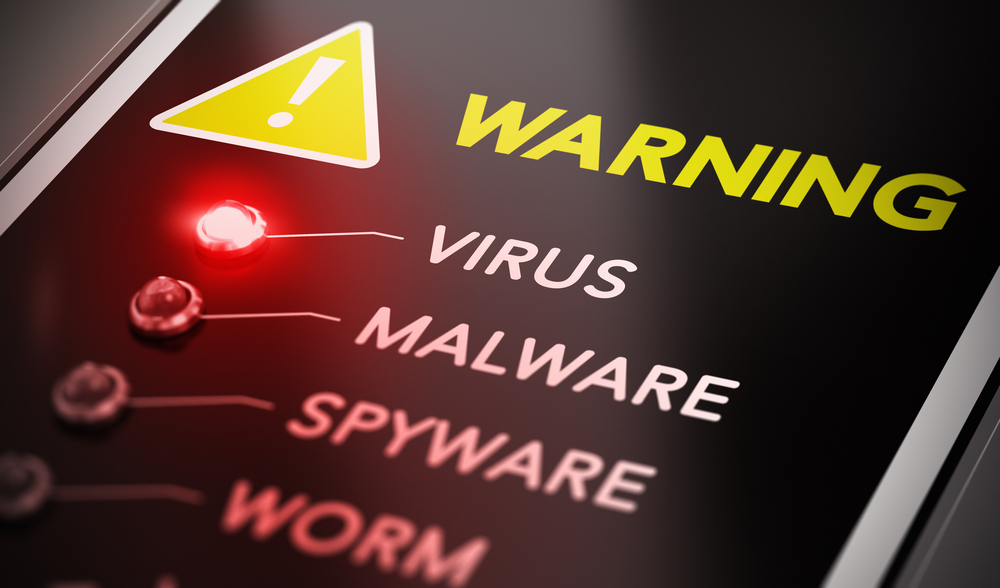Be aware of cybercrime
Be aware of cybercrime JoyAs with many countries around the world South Africa is at risk of cybercrime. According to the South African Police Service (SAPS), South Africa lost about R5.8 billion to cybercrime during 2014.
As many as 47 per cent of South Africans who use smartphones have fallen victim to cybercrime.
Internet banking is the number one target of cybercriminals in South Africa.
Cybercrimes are criminal activities carried out by means of computers or the internet.
Computer viruses and malware, online scams and phishing emails are the most common approaches that criminals use to get the personal information needed to commit these crimes.
Between January 2011 and August 2012 there were 90 000 reported cases of people who had fallen victim to phishing e-mails, with R94 million lost from individuals’ pockets.
Phishing emails direct the user to visit a website where they are asked to update personal information, such as a password, credit card, social security or bank account numbers.
The SAPS’s Electronic Crime Unit (ECU) was established in 2011 to address cybercrime and electronic crime.
Brigadier Piet Pieterse, who heads the ECU, said the role of his unit is to crack down on commercial crimes, which include organised crime and corruption platforms.
“There is a variety of digital evidence which represents a key component of police investigations and could prove critical in supporting the prosecution of different types of crimes,” said Brigadier Pieterse.
According to the SAPS cybercrime is no longer about those who seek to access computer systems for fun or to prove that it can be done.
The criminals behind these crimes are organised and take advantage of those using internet services. Whether this is for financial gain or as threats to children, the effects of cybercrime can be devastating and can have a negative impact on the economy.
How to protect yourself:
• Do not download email attachments or click on suspicious links. It can result in information being leaked and sensitive information being distorted.
• Check your Facebook security settings and choose to be notified via SMS or email when someone tries to gain access to your account from an unknown device.
• Beware of fake online job advertisements where your personal details and a photograph are required.
• Organisations must continually monitor network traffic.
• Put a strong password on your mobile phone to help protect your personal data.
• Only download applications from a trustworthy source.
• Use secure payment methods when making purchases from your mobile phone.
South Africans can report cybercrimes anonymously by calling the Crime Stop Call Centre on 08600 10111.
Crime Stop is a national contact centre staffed with well-trained investigative interviewers, who all have at least basic detective training.
*Lt Col Erica Holtzhausen is a member of the SAPS.